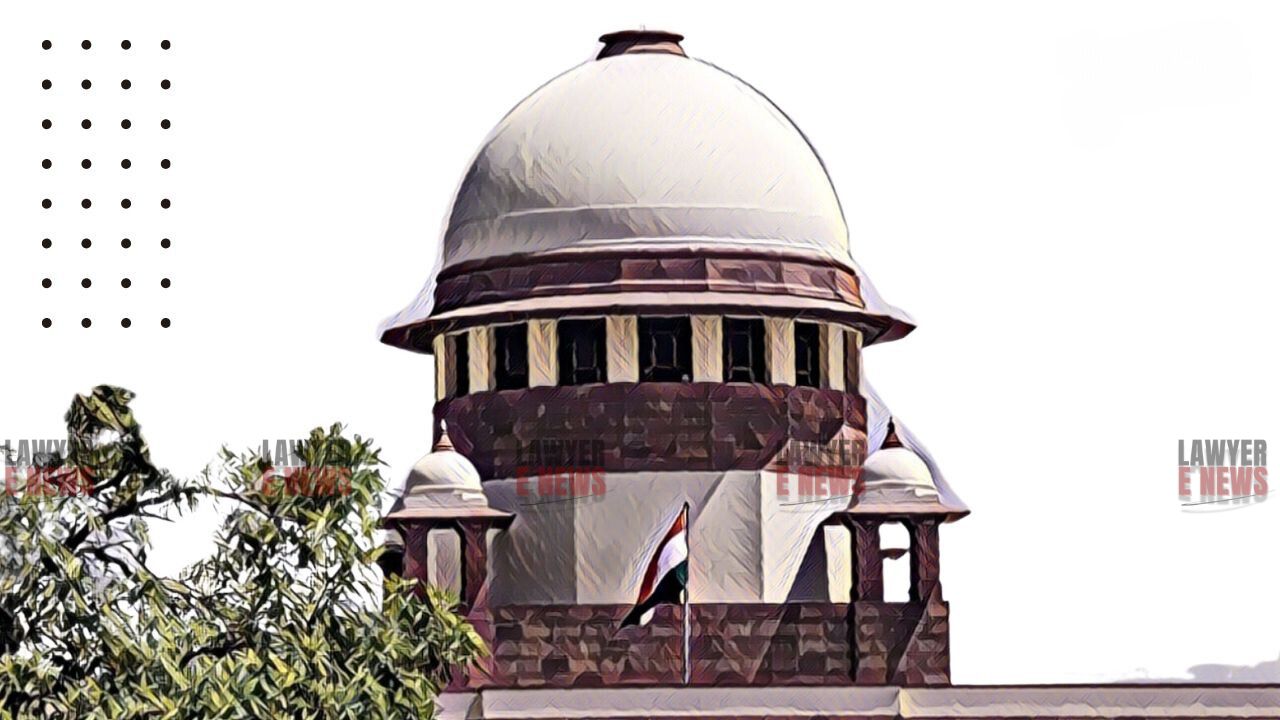-
by sayum
14 February 2026 2:22 PM



The Supreme Court of India, in a recent judgment, dismissed a series of appeals challenging the denial of pay parity between senior regular appointees and their junior counterparts who initially served on an ad hoc basis. The court ruled that Rule 21 of the Gujarat Civil Services (Pay) Rules, 2002, which permits stepping up of pay, is inapplicable when the disparity arises from factors other than those explicitly mentioned in the rule. This decision has significant implications for the interpretation of service laws concerning pay discrepancies due to ad hoc appointments.
The appellants in the case were senior Assistant Professors directly recruited by the Gujarat Public Service Commission (GPSC) in 2001. They challenged the disparity in pay between themselves and a group of junior Assistant Professors, who were initially appointed on an ad hoc basis during 1984-1995 and later regularized. The appellants contended that Rule 21 of the 2002 Pay Rules entitled them to have their pay stepped up to match that of their juniors.
The controversy began with a Government Resolution in 2015, which allowed the ad hoc services of these junior Assistant Professors to be counted for pay and pension benefits, leading to a higher pay scale for them. The appellants sought judicial intervention to rectify this anomaly, which they argued violated the principle of equal pay for equal work.
The Supreme Court emphasized that Rule 21 could only be invoked if the pay disparity was a direct consequence of the rule itself. "A strict compliance of Rule 21 is necessary, and it shall apply only if the conditions specified therein are fulfilled," the Court noted. The bench clarified that the rule was not designed to address anomalies arising from the regularization of ad hoc services.
The Court observed that the pay disparity resulted from the counting of ad hoc services for the 1984-95 group, which the appellants had not rendered. The Court ruled that granting the appellants’ request would effectively reward them for years of service they had not performed, which would be inequitable. The Court stated, "Such a benefit cannot be claimed by the Petitioners for the years of service that they have not actually rendered".
The judgment relied heavily on the precedents set by the Supreme Court in R. Swaminathan and M. Suryanarayana Rao, where the Court had previously ruled that differences in pay due to ad hoc service do not constitute an anomaly that would trigger the application of stepping up provisions. The Court reiterated, "The difference in pay cannot be considered as an anomaly requiring the stepping up of the pay of the seniors".
The Supreme Court’s ruling reaffirms the limited scope of Rule 21 concerning pay parity in the context of service law. By dismissing the appeals, the Court underscored that only anomalies directly resulting from the application of Rule 21 are subject to correction under its provisions. This judgment clarifies the legal framework surrounding pay disparities arising from the regularization of ad hoc services, setting a precedent likely to influence future cases in the public sector.
Date of Decision: August 14, 2024
Maheshkumar Chandulal Patel & Anr. v. State of Gujarat & Ors.
